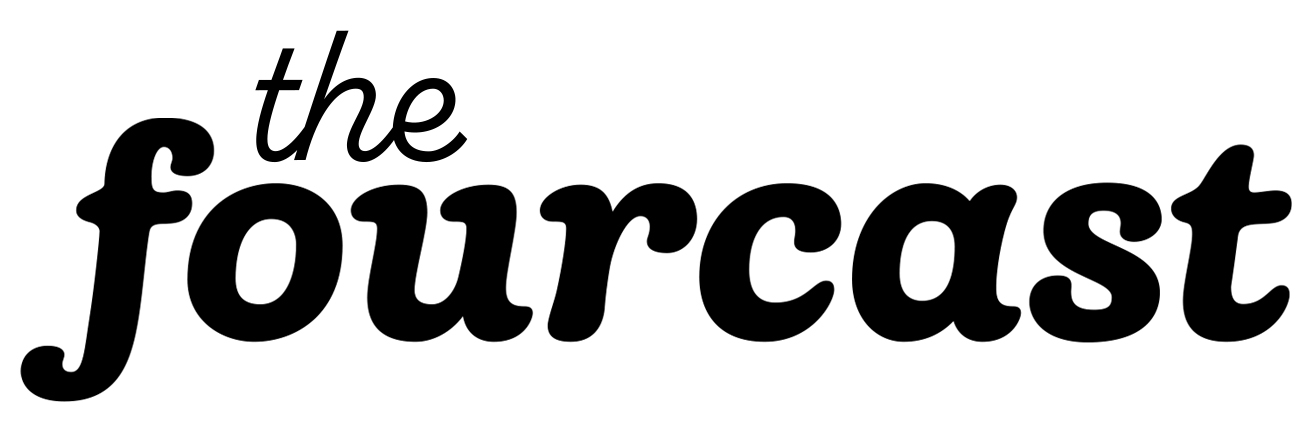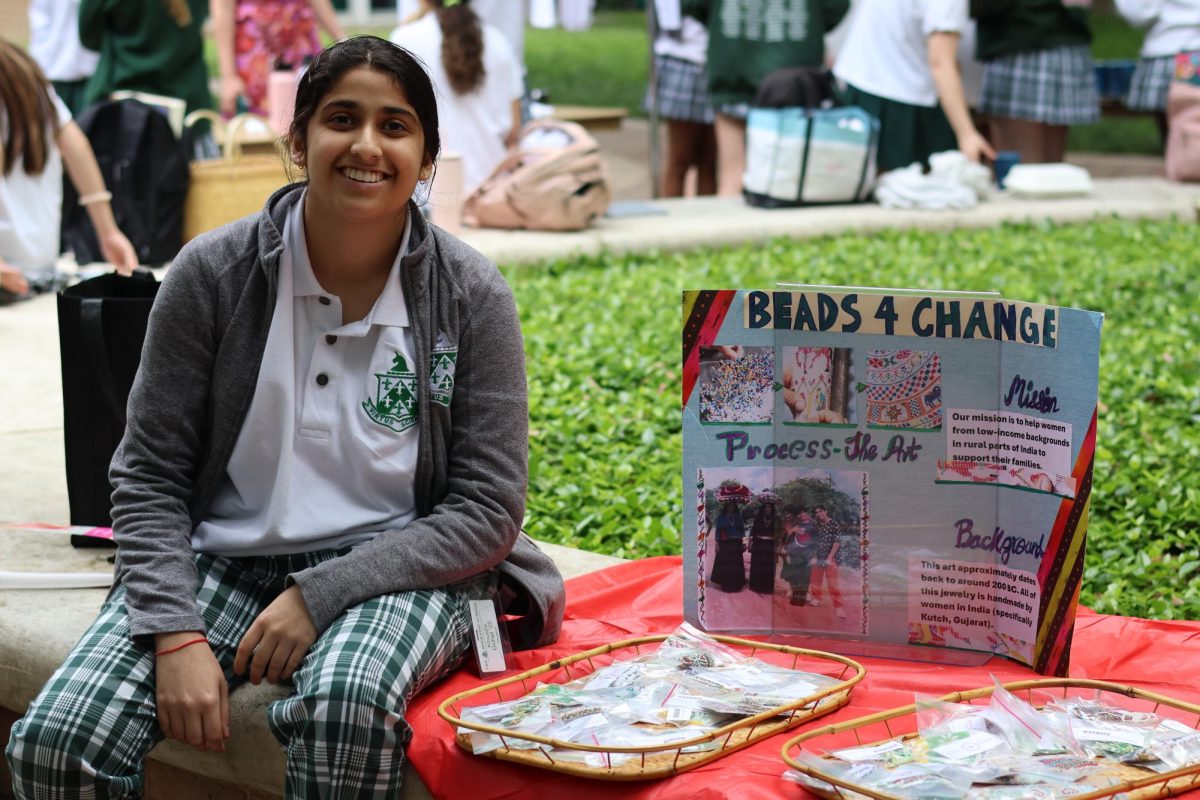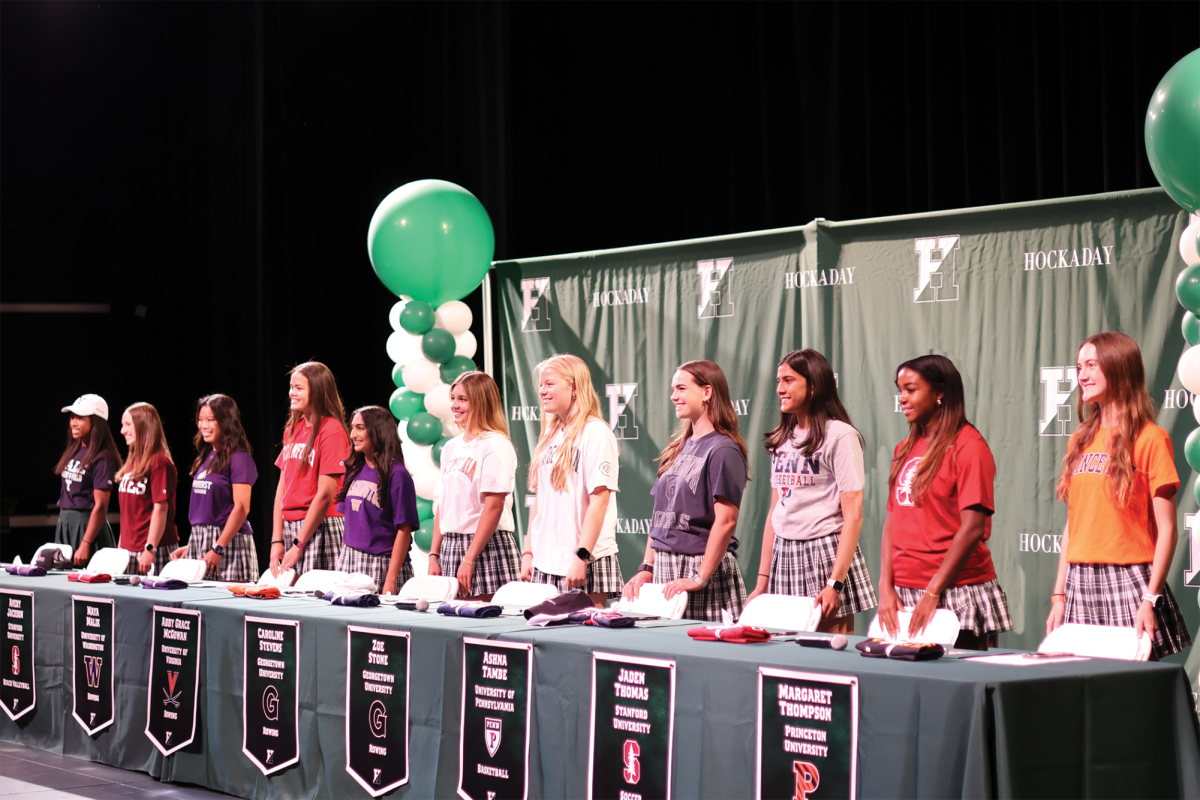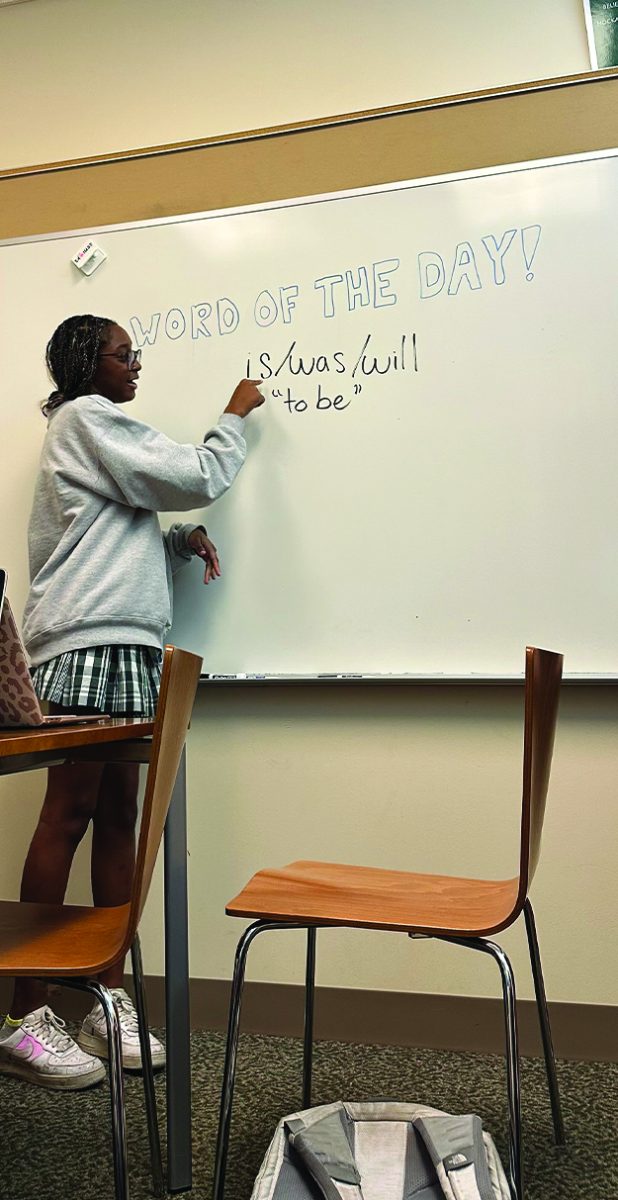Long ago were the days when tweets were only about lunch and friends. These days, especially with the upcoming presidential election, a good percentage of tweets concerning the two candidates appear on my Twitter Feed.
Viral sensations spread on Twitter with insane velocity, varying from humanity-related ones such as the surge of Kony tweets last March to YouTube smashes such as “Sail Kitty.” Mitt Romney’s speech last week constituted one such viral sensation.

The Republican National Convention sparked around 14,289 tweets per minutes at its peak. And Michelle Obama averaged an impressive 28,003 tweets per minutes throughout her speech.
Twitter has become increasingly important in politics throughout the last couple of years. More recently, however, it seems that an increasing percentage of the population has begun to engage in “Twitter wars” over political issues.
Although I am a huge supporter of spreading your political view via social media, I think that lately people, and members of the Hockaday community in particular, have lost their etiquette amidst their tweeting frenzy.
By utilizing social media, a person can inform others of their beliefs. Everyone has the right to speak their opinions. And everyone has to right to respond and disagree.
This isn’t my problem. As a Hockadaisy, I appreciate and welcome healthy and informed debates. My problem is that twitter battles have become not so much about substance but about putting down one another.
Calling someone else’s political views or favorite candidate “stupid” or “ridiculous” will not change their view on the subject.
If you really do differ from a person’s view, you should respond with research and polite commentary, not pointed fingers. Just because two people stand on opposing sides doesn’t mean they should put aside a foundation of respect between each other.
By losing this sense of admiration, the debate is demoted to nothing more sophisticated than a child’s squabble on the playground.
One Twitter war I watched unfold at the beginning of the campaign season had little to do with the actual principles of the political party, but the “stereotypes” associated with both the Republican and the Democratic Party.
Republicans can be portrayed as a group of close-minded, uneducated people. And Democrats can be depicted as a bunch of crazy, obnoxious flower-children. Neither label is fair to the party nor does it define everyone belonging to the party. But people concentrate so much on these type casts that they forget to try to comprehend other’s views.
During the Republican National Convention, I observed more tweets discussing Clint Eastwood “talking” to a chair than any of the points made by Mitt Romney or any of the other talented speakers that addressed the world that night.
Similarly, on the first night of the Democratic National Convention, I read more tweets about how beautifully spectacular Michelle Obama is than the stories she shared with the crowd.
Too much focus is put on extraneous, materialistic details of a campaign trail than the actual heart of the candidates’ and their affiliates’ platforms. As an eligible voter this year, I hope to see the world analyze more of what our future president is saying than what he is wearing. Instead of these unsubstantial tweets, try spreading your beliefs backed-up with evidence and facts. We go to Hockaday, the proclivity will always be there to debate. Don’t insult other people’s convictions because that undermines your credibility and will make everyone turn their back on you before you present your point. Our generation needs to work on expanding the depth of our political discussions. There is a fine line between meaningful and pointless tweets. And many find themselves struggling on that line. But the change starts small, and I think moderating tweets is a great first stepping stone to more material dialogues.
-Sydney











